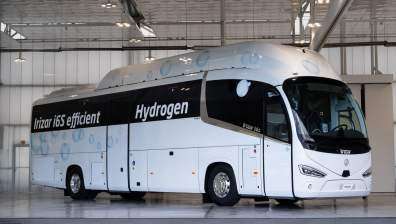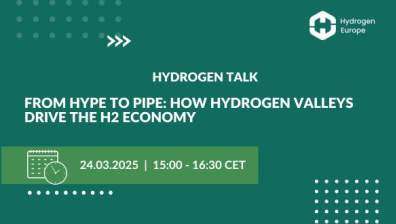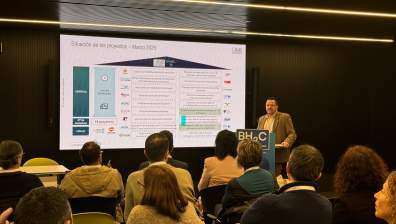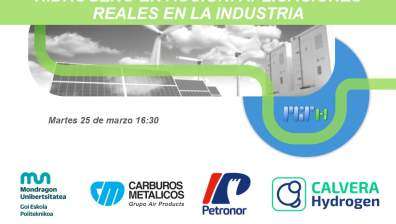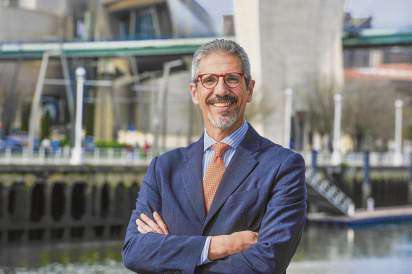
José Luis Elejalde (Tecnalia) sees the combination of offshore wind and hydrogen as a major business opportunity.
|
As Director of the Energy, Climate and Urban Transition Operational Unit at Tecnalia, José Luis Elejalde believes that the combination of offshore wind power generation and hydrogen production is destined to be one more piece in the enormous jigsaw puzzle of the process of decarbonising the economy and society. The search for offshore locations with higher load factors should lead to a reduction in the costs of energy production. Among these locations, there will be numerous cases in which offshore power generation will go hand in hand with the offshore production of hydrogen (and any of its derivatives), due, amongst other factors, to the distance from the coast, and the existence (or not) of nearby onshore power grids. Many of these locations will require floating offshore solutions. This will be the case, for example, around major energy consumption hubs such as parts of Europe, the west coast of the United States and parts of the Far East and Australia. In these areas, which are sophisticated in terms of both energy demand and environmental requirements, the combination of floating wind turbines and electrolyser solutions makes it possible to envisage the existence, in the not too distant future, of energy islands, isolated from the grid, where hydrogen (or any of its derivatives) can be produced and sent to land either by pipeline or by ship. This energy generation model represents both a challenge and an enormous opportunity for the Basque business fabric. On the one hand, the first challenge is to define an international regulatory framework that enable this type of floating facility to be built with all the required legal guarantees. Secondly, the major technological challenge involved in reducing the overall cost of generation also needs to be addressed, including flotation and mooring systems, the behaviour of materials, the operation of electrolysers using seawater and in extreme conditions, and systems that enable remote operation and maintenance in such a complex environment. However, and with regard to the afore-mentioned business fabric in the Basque Country, the energy sector value chain is already at an advanced stage of development. From the companies that design and manufacture floating structures, the manufacture of mooring lines, the design and construction of wind turbines, power electronics systems, gas pipelines, compressor manufacturers, gas transport vessels, operation and maintenance companies, etc. To take advantage of this opportunity, these value chains need to be built by and among the companies themselves, large consortia need to be formed to bid together for large-scale demonstrators, high-potential markets need to be targeted by these companies together (Japan may be one of them, thanks to the links that have been established in recent years), and funding for these initiatives needs to be sought. Source: Estrategia Empresarial |
